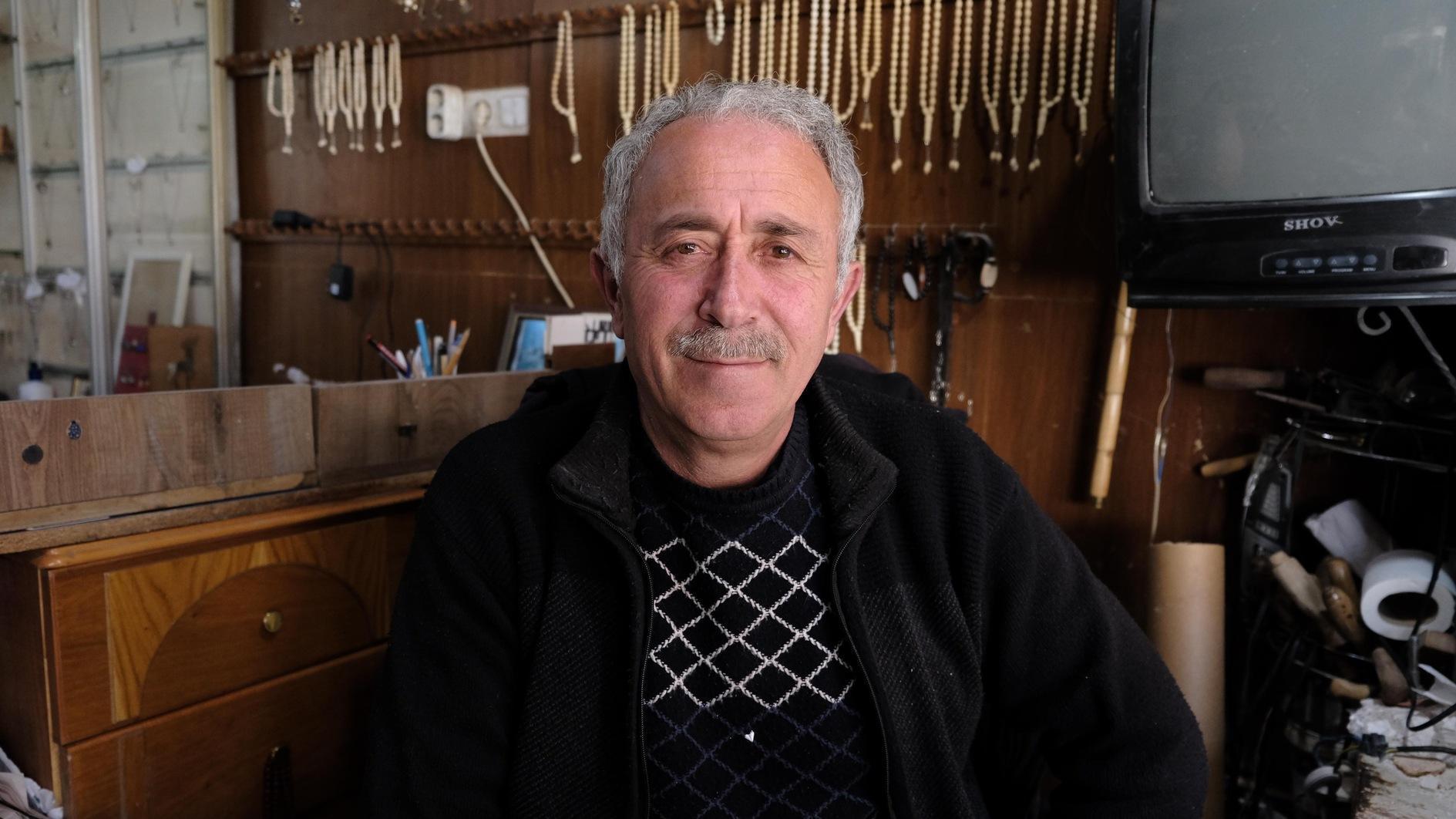Fighting assaults on women and children the right way
Eylül, Leyla, Evrim, and unfortunately many more... Turkey has been shaken by attacks on children. Several children were reported missing since Eid al-Fitr. Tragically, some were found murdered, others are still lost.
Sexual assault is considered to be a possible motive in at least some of these cases, but so far, there has not been proof about this aspect of the cases. Still, the tragic events started a public debate about the problem of sexual harassment and other forms of violence against women and children. Citizens have been typically expressing that the government should treat this problem as a priority, and take action. But what action?
So far, the focus has been on the penal aspect of the problem. Many people demand that sexual predators receive the harshest possible penalty in order to deter future crimes. Some go as far as suggesting the death penalty, which was abolished in 2002, should be brought back to penalize sexual offenders.
The sentiment to penalize sex offenders with harshest crimes is certainly understandable. When offenders are not caught and penalized consistently it clearly hurts the public conscience and fails to deter future offense. Women are right when they say sexual offenses are political. This means, such offenses could decline if offenders knew that they would be caught and they would not be pardoned by patriarchal authorities, who cannot find it in their heart to penalize a man for exercising power over a woman or child.
In other words, the justice system, with its police and judiciary, should give the message that crimes are caught and penalized consistently. When some crimes are caught, others are not, or when sometimes caught offenders are penalized but on other times they are pardoned, the justice system will decay and rule obedience will decline. This is more important than what the appropriate penalty ought to be.
Only secondary important is the decision about the “right” penalty. Should we treat sexual offense with the highest available penalty, thereby treating it like “murder” as some suggest?
This is a tough question which needs to be handled rationally. It requires extensive statistical research to compare the relative effectiveness of various penalty options. It also requires remembering that there is a reason why different forms of assault are typically treated differently. And this is often not about being more forgiving towards lesser crimes, as some may think, but about preventing them from evolving into major crimes.
Many sexual assaults end with murder. Rapists, especially when they assault children, kill their victims eventually to avoid the risk of getting caught. Penal codes need to be designed to discourage this. Treating sexual assault as murder removes the incentive for the sexual offender to release their victim, rather than killing them at the end.
V-Dem statistics on Turkey show that public trust in the justice system is in decline, especially for the past five years. Citizens are desperate to see government action in this area. We need to be careful however to avoid populist measures that only focus on how to penalize offenders. Such measures may respond to our collective anger in the short-run but not address the root cause of the problem. In fighting violence against women and children, we must remember two facts. One is that male violence is fed by patriarchy. A solution must embrace laws and policies that empower women and children vis-a-vis adult men. Second, this is not merely a problem of women and children. Statistics show that male violence is higher in societies where rights and liberties, both for men and women, are more limited. That is, injustice comes first for women and children, but it almost always comes back for the rest. Another reason to fight collectively is for a justice system that respects and protects us all.











